Research and Policy Media Relations Manager
Gavin draws on more than 25 years of experience in communicating about science, medicine and health policy. She focuses mainly on the health services research done by members of the U-M Institute for Healthcare Policy and Innovation, who work to understand and improve the safety, quality, equity and affordability of health care. As part of the Michigan Medicine communication team, she has lead responsibility for primary care and mental health topics. Contact: [email protected]; Twitter: @Karag
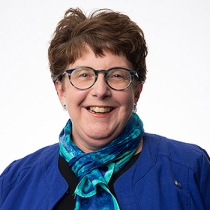
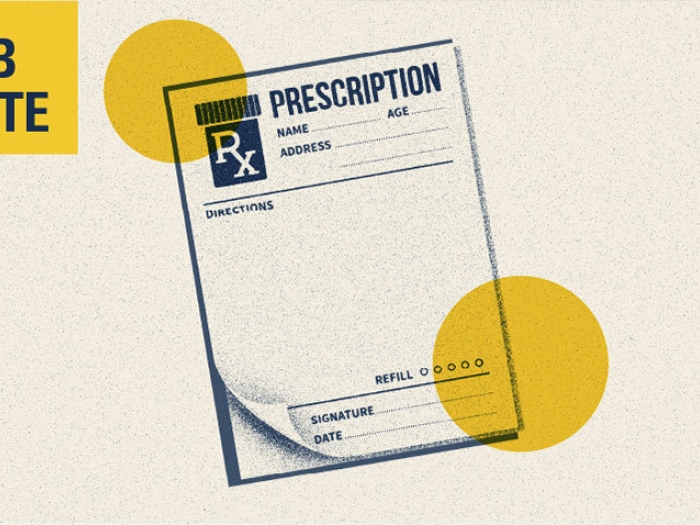
Health Lab
Hundreds of thousands of surgical and dental opioid prescriptions are filled a month or more after writing, but one state’s law helped reduce this “delayed dispensing”.
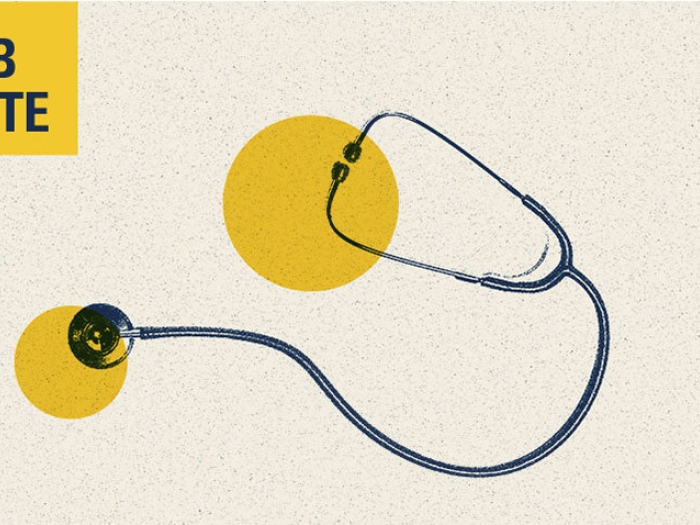
Health Lab
A poll shows strong support for clinics’ efforts to screen for, and providing support for, social determinants of health.

Health Lab
The VA’s efforts to reduce use of risky antipsychotic medications in its nursing homes succeeded – but use of other medications with less evidence behind them rose.
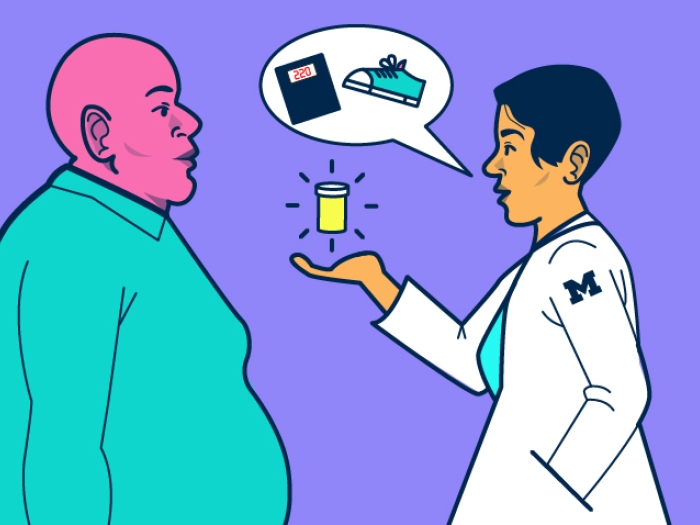
Health Lab
Although obesity is now known to be a chronic disease that often doesn’t respond to diet and exercise alone, many people with obesity don’t have access to weight loss drugs and operations.
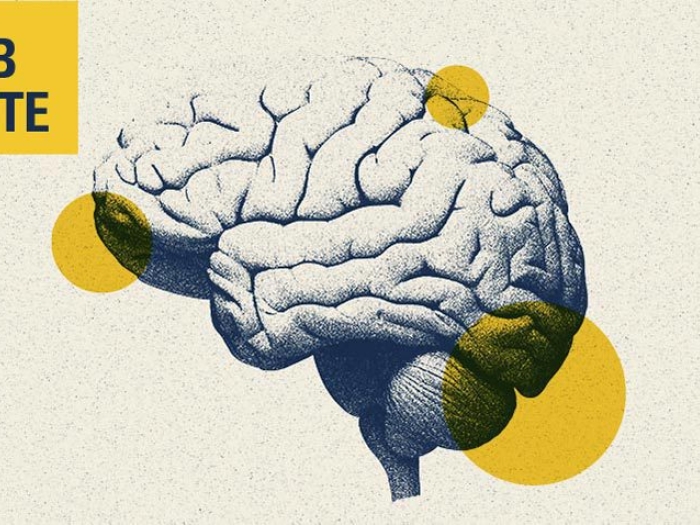
Health Lab
Medicare costs around the time of a dementia diagnosis are much lower for older adults screened proactively rather than those diagnosed while experiencing a health issue

Health Lab
The pandemic took a toll on older adults, but especially on those whose physical or mental health was already suffering, a new poll shows. This group may need extra support to age as well as possible.
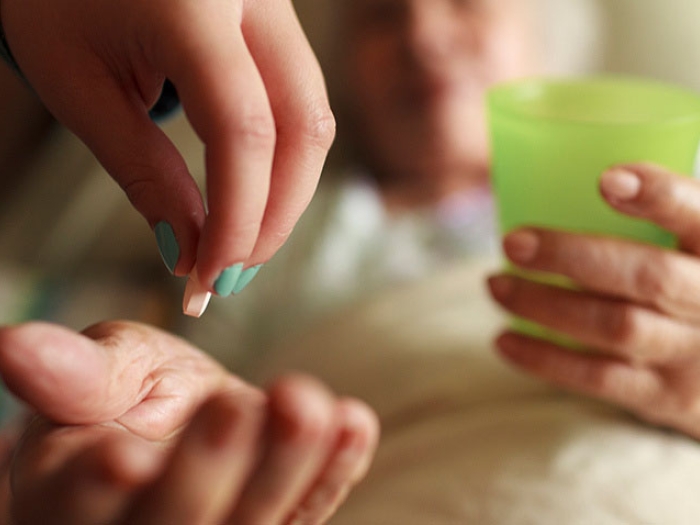
Health Lab
Hospices often prescribe medicines like Xanax, Haldol and Seroquel to patients to ease end-of-life symptoms, but a new study shows very wide variation in the chances patients will get these drugs.

Health Lab
Sexual health is linked closely to physical and mental health for older women, with menopause playing a big role, a new poll finds.
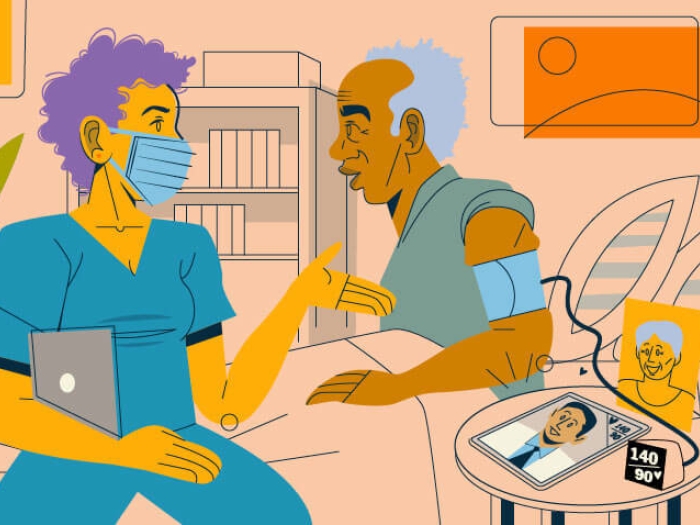
Health Lab
Hospital at home programs, and remote patient monitoring from home, hold promise for discharging patients earlier or keeping them out of the emergency room or hospital. But policy decisions will affect their future.

Health Lab
First-year surgery residents, and first-year medical residents in all fields who are members of sexual minorities such as LGBTQ+, are more likely than others to develop depression during the stressful training period.
News Release
On Saturday, April 30, Michigan residents in 13 counties have a chance to get opioids and other unused and expired prescription medications out of their medicine cabinets through 29 simultaneous events held around the state.

Health Lab
Data-driven approach suggests more locked-storage assistance is needed, as well as tailored risk reduction approaches for those with memory and mental health concerns.

Health Lab
More older adults want to age in place in their own homes; renovations and little adaptations, as well as financial planning, can help.

Health Lab
Joneigh Khaldun led pandemic response for Michigan; she reflects on how public health partnerships, messaging and budgets affected outcomes.

Health Lab
Study points to role of primary care received outside an Accountable Care Organization’s network, and the importance of coordination and access